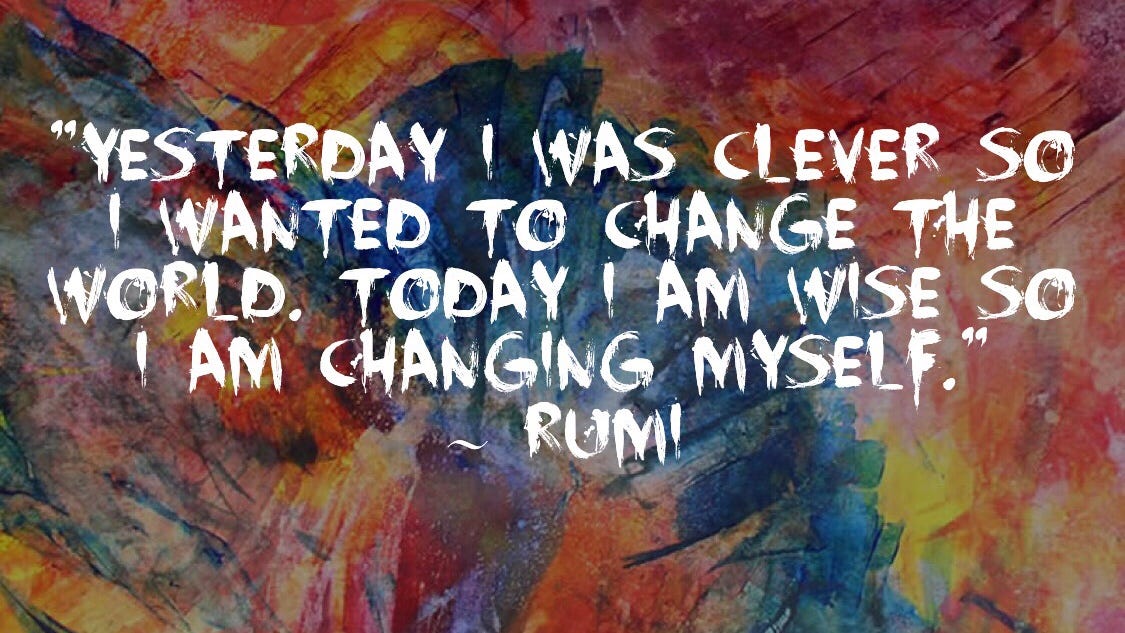Friends once asked my wife and me to support them during the birth of their child. Such a privilege! We set aside a day for the wondrous event. Everyone was ready: parents and nurses and doctors and even us, the invited friends. But the baby hadn’t read the memo. Hours went by. Labor continued. A sunset eventually became a sunrise. Labor lurched into a next day.
Though we like to think birth is predictable, it’s not. You’ll ask the friendly obstetrician for a due date and she’ll provide a particular day or range of days. She might be right. She might be wrong.
Labor can seem to lead to birth in less time than it takes to read this sentence.
It can also feel longer than the formation of the Grand Canyon.
I’ll bet you have stories from family and friends about the special day parents planned for versus the chaotic day that ignored all plans. The child comes early; the child comes late. As sophisticated as we 21st century-types are, I still hear about births that surprised everyone (including that highly-trained doctor) when twins “popped out.” Several years ago, after routine ultrasounds, one of our nieces was warned her baby would be BIG. Perhaps ten pounds . . . or, gasp, more? Tests proved it! Her delightful, perfect child proved to be of average weight. No records were set; no hospital scales were damaged. I wonder if the doctor apologized for the BIG concerns?
Death, like birth, is ambiguous. Unpredictable.
But that’s not fair! Our schedules are overloaded with work and more work. Our well-deserved (but too brief) vacation took a year to plan. We have dental appointments, kids’ soccer games, grocery shopping, and a zillion other obligations. We require ample time to handle any new event.
Except babies don’t care about well-managed or messy calendars.
Except the dying couldn’t care less about well-managed or messy calendars.
Nonetheless, we ask, we plead, we demand . . .
How long do I have to live, Doctor? Do I have years, months, weeks, or days?
How long does my loved one have to live? Will it years, months, weeks, or days?
We need information . . . right now! We want clarity . . . right now!
Not long after Dr. Cicely Saunders established the first modern hospice in London (St. Christopher Hospice in 1967), the phrase “six months or less to live” became the benchmark for the hospice timetable. Are you appropriate for hospice care? Do you have a life-limiting illness that means—based on two physicians’ agreement—you have about six months to live?
Six months?
According to data from the National Hospice and Palliative Care Organization (NHPCO),
The average Length of Stay (LOS) for Medicare patients enrolled in hospice in 2020 was 97.0 days; the largest increase in the previous five years. The median length of stay (MLOS) was 18 days which has been consist over the previous five years.
Which is to say, median length wise, that half of the patients are in hospice for eighteen days or less. Half are in for eighteen days or more.
Other findings may give different perspectives, but a stay of six months in hospice is somewhat rare. Of all the patients entering hospice, about 30% die before the end of the first week. If we think six months, but are then confronted by a singular week, seven sunrises and sunsets, our life—patient or caregiver—is like traveling on a bullet train. Families depart the station called Normal, arriving at Chaos a heartbeat later. Dying is a trickster, liar, and cheat. Dying sneers at schedules.
Rumi, the oft-quoted Sufi mystic and poet (from the Islamic tradition) is said to have written, “Yesterday I was clever. I wanted to change the world. Today I am wise. So I am changing myself.”
Changes to those dying—in body, mind, and spirit—will happen regardless of wishes or wants. Dying reminds us we’re no longer so clever . . . but we still, even in the blink of an eye, have opportunities to keep learning and loving.
As family and friends and caregivers, can we change ourselves when supporting the dying loved one? One change will be certainty. One change will involve our precious schedules. All changes cause weariness, but might also inspire Rumi’s hoped-for wisdom.
I wish I could prepare you for everything and answer all questions. While it’s easy to state that every moment matters, our journey with the dying will include anger, blessings, confusion, depression, enlightenment, frustration, and will transform us. Some moments will feel the worst, and those “worst” times will occur alongside the best.
I think Rumi expressed a tender, tough truth: when caring for the dying, you can’t change the world, but you can change yourself. Will we abandon the clock and the calendar and measure time with compassion? I hope so. Though difficult, though ambiguous, I believe it’s possible.
++++++++++
My book, A Companion for the Hospice Journey is available at Amazon.



